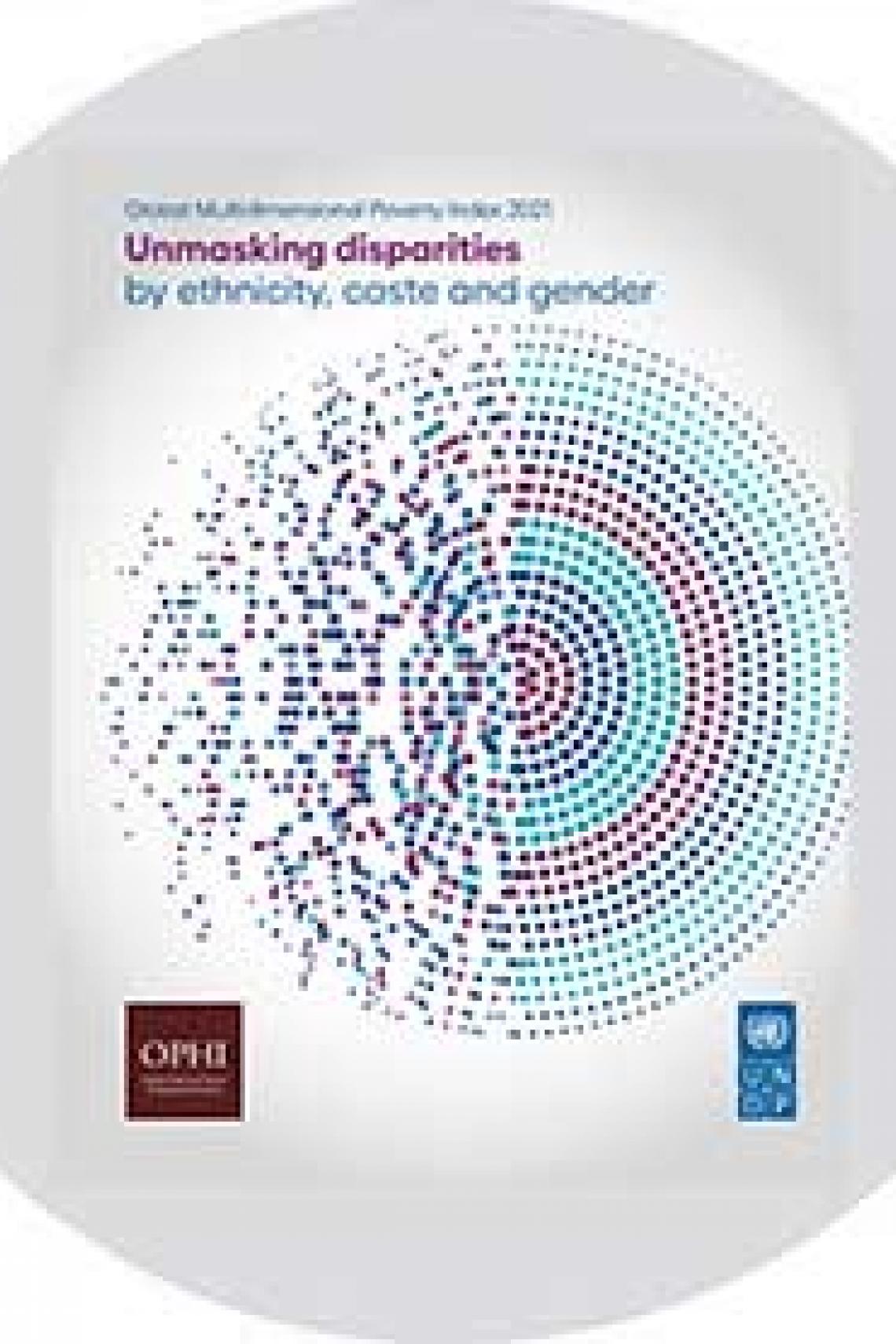Two-thirds of the world’s poor have no educated females at home
Two-thirds of multidimensionally poor people – 836 million – live in households in which no girl or woman has completed at least six years of schooling according to a new report on global multidimensional poverty. One-sixth of all multidimensionally poor people (215 million) live in households in which at least one boy or man has completed at least six years of schooling, but no girl or woman has – in the rest, no one, male or female, has had that opportunity.
Co-authored by OPHI and the United Nations Development Programme Human Development Report Office (UNDP HDRO), this year’s report to launch the findings of the global Multidimensional Poverty Index is entitled Unmasking disparities by ethnicity, caste and gender. The 2021 report uses disaggregation and intrahousehold analyses to highlight inequalities along the lines of ethnicity, caste and gender to show who is being left behind and which interlinked deprivations are hindering progress in poverty reduction.
The 2021 update of the global Multidimensional Poverty Index, also published today, covers 109 countries in developing regions, home to 5.9 billion people, three-quarters of the world’s population. Of these people, 1.3 billion (21.7%) are identified by the global MPI as multidimensionally poor. Using the data that are available, this year’s report presents for the first time disaggregations by the gender of the household head for 108 countries and by ethnicity or race or caste for 41 countries.
Sabina Alkire, Director of OPHI at the University of Oxford, says of the report: ‘Disaggregating multidimensional poverty data by ethnicity, race, caste and exploring gendered and intrahousehold patterns unmasks disturbing levels of disparities and forms a vital guide to policymakers to leave no one behind in the last decade for action. Achieving a future where all people enjoy core capabilities they value and have reason to value requires the global community to fix these structural inequalities that oppress and hinder progress.’
Download report: Unmasking disparities by ethnicity, caste and gender (2021)

